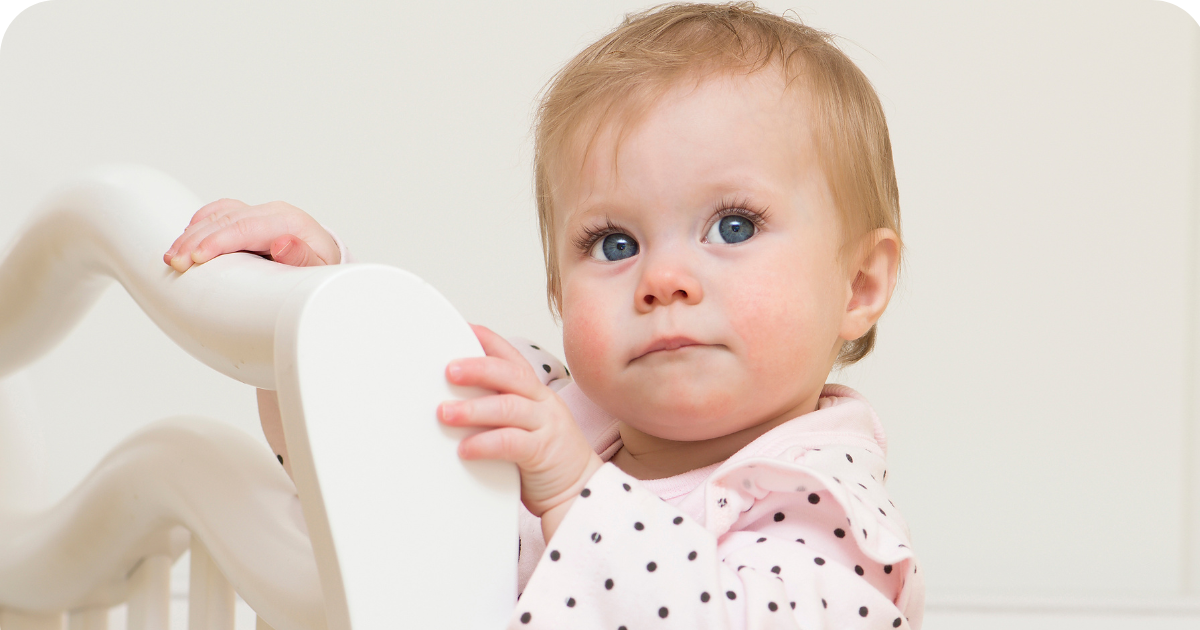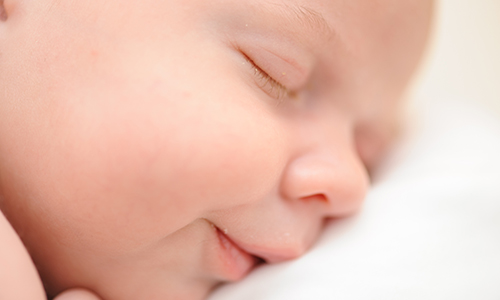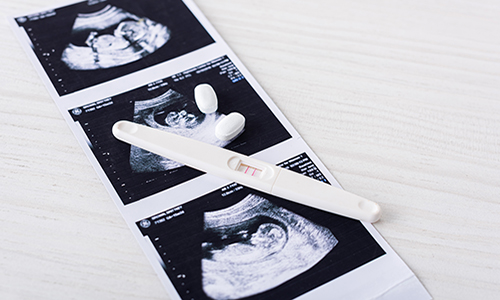This is possibly THE most common objection I hear from potential clients. As parents, we are commonly jolted by our baby’s slightest expression of discomfort. Our instinct is to do anything in our power to stop a baby from crying. When our baby’s cries aren’t easily abated, we become frustrated and feel like failures as parents. This leads to a large pressure put on us as parents.
Perhaps we try all the things: shush, rock, jiggle, use a swing, pacifiers, drive all over the neighborhood, or nurse babies for hours on end. Afraid to take them off the breast, even while they sleep, for feat they wake up and cry. Some moms might attempt to sleep all night with a baby latched on. Our own discomfort is better than bearing even a moment of our baby’s.
As our child continues to grow, the time comes when we have to say “no” to our toddlers and they object to our decision and end up crying. This also feels wrong—-so we either find ways to distract our child or just give in to stop the crying, which often leads to this pattern of increasingly unreasonable demands. Toddlers especially, need our “no’s”, but instinct and culture tell us not to let our children cry, and so its up to us to make them stop.
Thankfully there are some intelligent voices of reason out there including pediatric experts like Aletha Solter, a developmental psychologist, and Patty Wipfler, a pediatric author and educator. Their books and articles help us to understand that a child’’s cries are not only okay, but that they serve a purpose. When babies cry, our job is to tune in and listen, and to provide help, love and support as needed, but not necessarily to stop the crying.
Experts agree that crying is the primary way children communicate, and we must, respond to our child’s cries. As Magda Gerber notes in Dear Parent: Caring For Infants With Respect: “Crying must be responded to. But how is a more complicated issue. To follow the advice, “do not let your baby cry,” is practically impossible. At times, the harder a mother or father tries to stop the baby’s crying, the more anxious everyone becomes.”
Below are 5 reasons why we, as parents, should calm down about crying:
1. When we calm ourselves, we’re able to listen better and respond better
When we follow our impulse to quickly stop the crying, we don’t take the time to listen and understand the child’s cues. We are less likely to validate the child’s communication by giving them what they really need
“When babies and toddlers don’t feel good, they cry in order to clear the tension they feel. We try to get them “settled down” with patting, bouncing, walking, pacifiers, and sometimes, the breast. We’ve been trained to believe that a baby will do better as soon as she is able to stop expressing her upset. …However, you’ll see that when you stop a baby from expressing feelings, she doesn’t actually feel better” –Patty Wipfler, Hand In Hand Parenting
”An anxious and irritated parent (crying does irritate!) will most likely do what brings the fastest relief – give the breast or bottle. The baby almost always accepts it, calms down and often falls asleep. Of course, this is the right solution if the baby is hungry. However, if the baby has other needs (for instance being tired or having pain), she will learn to expect food in response to these other needs, and grasp the breast or bottle even though she is not hungry.” – Magda Gerber, Dear Parent: Caring For Infants With Respect
2. Crying is natural, and healthy
”Fortunately, babies come equipped with a repair kit, and can overcome the effects of stress through the natural healing mechanism of crying. Research has shown that people of all ages benefit from a good cry, and tears help to restore the body’s chemical balance following stress.” -Solter
“… when a baby cries about something that’s not actually threatening, or something that is an unavoidable annoyance, she’s engaged in a natural and important endeavor. She’s having some feelings, and telling you about them.” -Wipfler
“A growing number of psychologists believe that the healing function of crying begins at birth, and that stress-release crying early in life will help prevent emotional and behavioral problems later on.” -Solter
3. Remaining calm in midst of crying, can lead to less self-abuse and more enjoyable parenthood
“For instance, sometimes babies cry when we disappear into the shower, when a friendly stranger approaches, or when we put them down to crawl or walk. Many babies develop a hatred of their car seat. Some parents decide to go for days without a shower, or to carry their baby all the time, in an effort to remedy this kind of crying. Life gets harder, and parenting less enjoyable.” -Wipfler
4. Calm breeds calm
There is no one more sensitive than an infant and the people he is most sensitive to are his parents. Every interaction we have is an educational experience. Babies want what all of us want when we cry — to be heard, understood, and helped if possible. Sometimes the help they need is our calm support so that they can fully express their feelings.
5. Listening and observing, with honesty and acceptance, allows us to bond better
“A crying baby responds to gentleness and calmness. Respond slowly and acknowledge that she is crying by saying, “You’re crying. What’s the matter?” Next, make sure that her basic needs are taken care of. Be sure your baby is fed and warm. Some babies are more sensitive to a wet diaper than others, so check that. If she is neither hungry nor tired and seems to have no other pressing need, observe her to discover the possible source of any other discomfort. Tell her you’re trying to understand what she wants. This is the start of lifelong, honest communication.” – Gerber
“After a good cry, your baby will connect with you. And she will thrive. …You’ve listened and let her tell you, in her powerful nonverbal way, what was on her mind. There’s nothing like being heard fully to settle a child’s mind, and help her feel loved.” -Wipfler
Cited References:
Aletha Solter: “What To Do When Your Baby Cries” and “Crying For Comfort – Distressed Babies Need To Be Held” from Aware Parenting
Patty Wipfler: “In Your Arms Crying Heals The Hurt” from Birthways Newsletter
Janet Lansbury: Babies & Newborns, Crying & Tantrums








